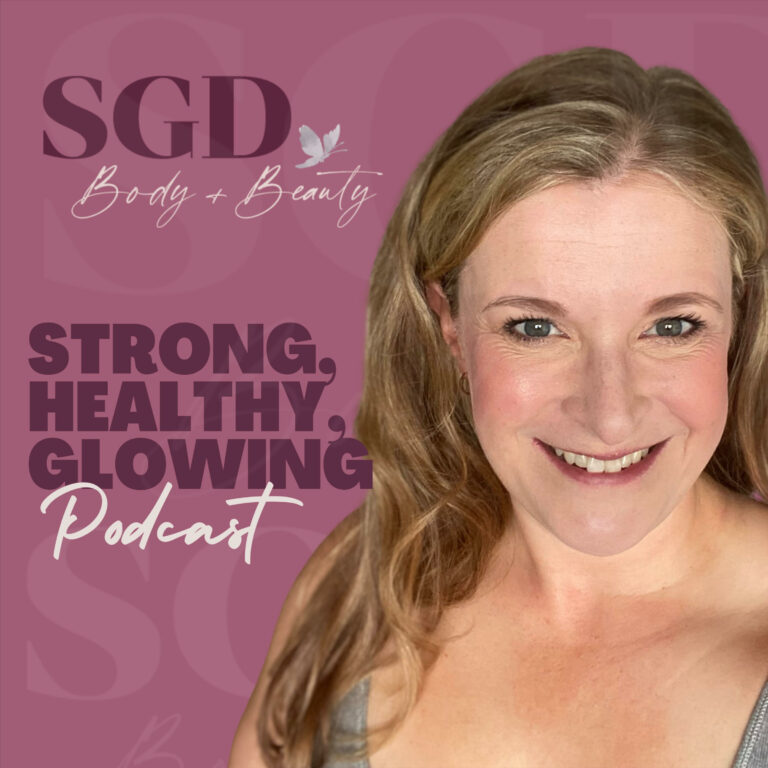
Become a Paid Subscriber: https://podcasters.spotify.com/pod/show/sgdbodybeauty/subscribe
The Strong, Healthy, Glowing Podcast is hosted by Sarah Dower. Sarah originally wanted to be a Chiropractor or Physiotherapist, and completed a Masters in Biomedical Science, and is fascinated by how the human body works. Sarah is passionate about how your physical health affects your mind and skin and vice versa. Sarah coaches clients to take care of their health inside and out and feel fit, healthy & strong, helping them to be their best selves, no matter what their size and shape. This podcast offers tips and tricks to help you look and feel your best.
Today, we’re talking about the power of consistency across the three pillars of your wellness: your plate, your skin, and your mind.
Eating healthy for a day feels good; eating healthy for a month changes your biology. Consistent nutrition stabilizes your blood sugar, which prevents the ”3 PM crash” and keeps your mood level.
The Benefit: Improved gut health and sustained energy.
Your skin cells take about 28 days to turnover. This is why you can’t judge a skincare routine by day three. By consistently cleansing, hydrating, and protecting, you are supporting your skin’s natural barrier and long-term elasticity.
The Benefit: A visible, ”lit-from-within” glow and fewer breakouts.
Deep Dive: How to Build a Skincare Routine (AAD)
Meditation isn’t about ”emptying your mind” once a week; it’s about training your nervous system to return to calm. Consistency in mindfulness actually reshapes the brain’s response to stress.
The Benefit: Lower cortisol levels and better emotional resilience.
Deep Dive: Benefits of Daily Meditation (Mayo Clinic)
🥗 Pillar 1: Nourishment from Within✨ Pillar 2: The 28-Day Skin Cycle🧘 Pillar 3: Rewiring the Mind
Don't forget to check out our Blog post as well.
